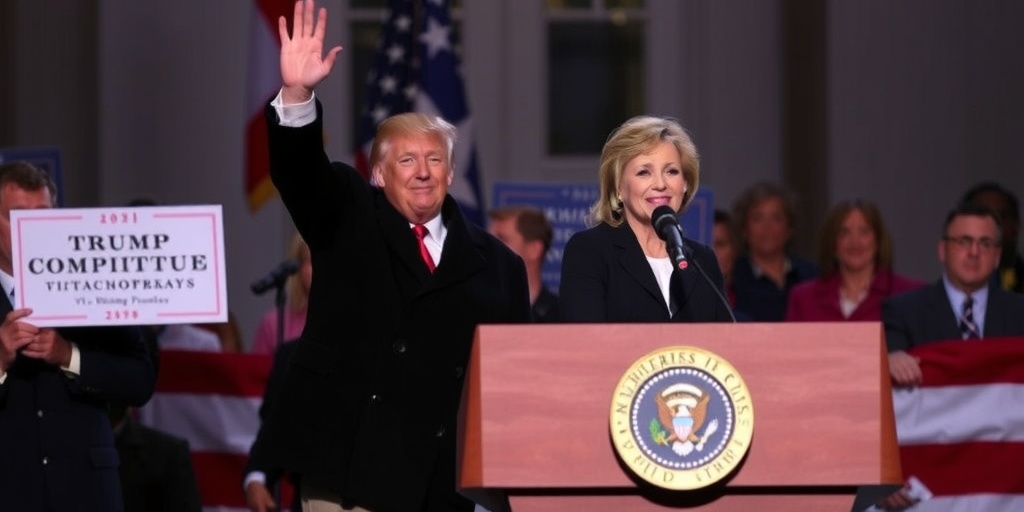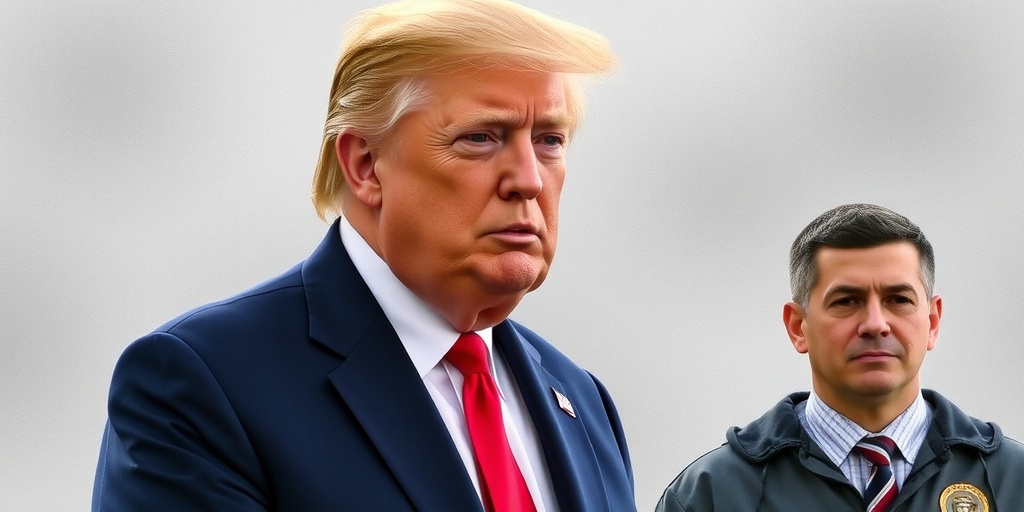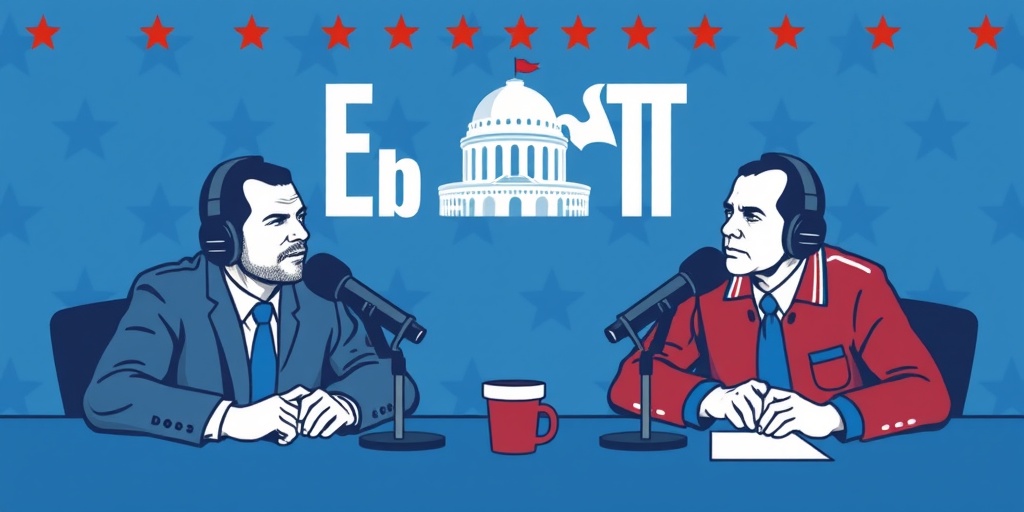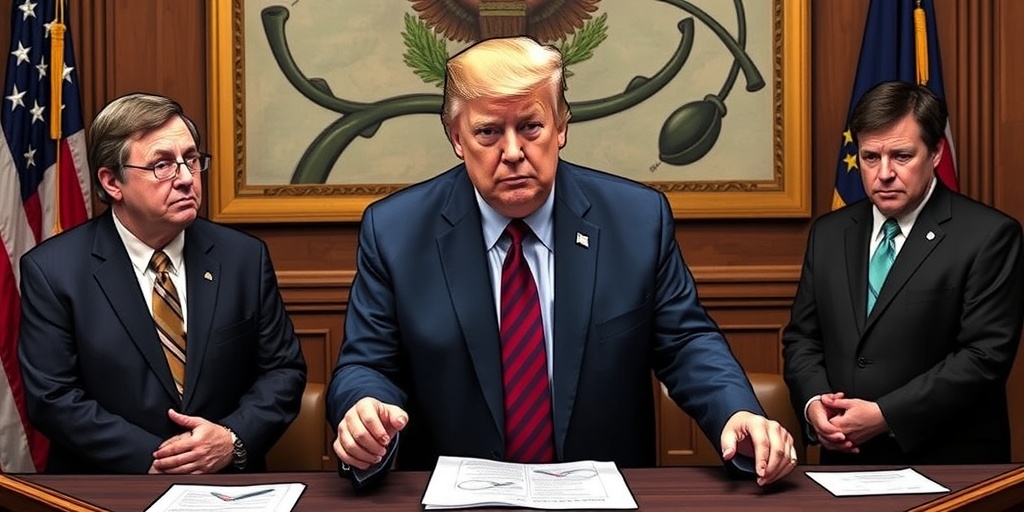Now Reading: DOGE’s Latest Errors Become Harder to Detect
-
01
DOGE’s Latest Errors Become Harder to Detect
DOGE’s Latest Errors Become Harder to Detect

Title: Concerns Rise Over Transparency as Government Efficiency Group Adjusts Claims
Elon Musk’s Department of Government Efficiency (DOGE) has come under scrutiny for its handling of taxpayer dollar savings claims, with reports indicating a troubling trend of presenting inflated figures alongside a drastic reduction in transparency. Following criticism for inaccuracies in its data, the group has shifted its approach, making it even more difficult for the public to verify its claims, leading to concerns about accountability and trust.
Initially, DOGE reported that it had saved taxpayers approximately $10 billion by terminating nearly 3,500 federal grants. This figure was posted on its website on March 2, the latest in a series of announcements aimed at highlighting its efficiency efforts. Previous claims allowed for public scrutiny as they included identifying details about the terminated grants, enabling fact-checking against federal spending databases and outreach to agencies involved in the funding cuts.
However, in a clear departure from previous practices, DOGE has opted not to include specific identifiers in its most recent claims. A White House official attributed this change to security concerns, but the lack of detail consequently rendered the new figures nearly impossible to verify. While transparency was deemed a core promise of Musk’s initiative, this recent shift seems contrary to that commitment.
The New York Times managed to uncover discrepancies in DOGE’s earlier claims by accessing embedded federal identification numbers in the webpage’s source code. Through this information, reporters were able to cross-reference the data and uncover similar inaccuracies to those reported previously. Shortly after these inconsistencies were highlighted, DOGE removed this identifying information from its site, further obscuring its claims.
Critics have begun to voice their concerns regarding the integrity of the group’s operations. Noah Bookbinder, president of Citizens for Responsibility and Ethics in Washington, pointed out that by withholding information from the public, DOGE appears to be evading scrutiny rather than addressing its inaccuracies. He stated, "They responded by giving less information publicly, so that it’s harder to question them, without doing anything to suggest that they’re actually correcting the mistakes, or learning from them."
DOGE’s initial claims in mid-February about savings from canceled federal contracts were rife with errors and demonstrated a lack of understanding of government processes. Reports indicated that the group had mistakenly reported billions as millions, double-counted savings from certain contracts, and erroneously took credit for contracts that had been canceled long before Musk took office.
For instance, one significant claim involved asserting a savings of $1.9 billion from the termination of an Internal Revenue Service contract, only for it to be revealed that this contract had actually been canceled under President Biden’s administration. Such errors raise questions about the credibility of DOGE’s broader claims, especially as the group has yet to respond satisfactorily to inquiries regarding these inaccuracies.
In a recent update, DOGE reported further savings through the cancellation of grants, but similar issues persisted. Nonprofits have publicly contested the claimed savings associated with their grants, many of which are characterized by terms like "ceiling value." These ceilings do not guarantee actual expenditures and can lead to misunderstandings of what constitutes real savings.
For example, EngenderHealth was cited for a supposed $83.6 million savings from a family-planning grant, which the organization clarified was misrepresented. The actual value of the funding promised was significantly lower, leading to a fraction of the claimed savings. Such discrepancies indicate a broader misunderstanding within DOGE regarding the nature of federal grants and funding.
As the group’s "wall of receipts" continues to grow, experts and nonprofit executives are pushing for transparency. The site’s recent update added thousands of new claims but provided minimal details, leaving many in the dark about which programs were cut. Gary Kalman from Transparency International U.S. emphasized that the public deserves clearer communication from DOGE regarding cuts made and savings claimed.
"Descriptions are forthcoming," the website asserted, although a week later, many of these descriptions remained absent. As claims of total savings surpassed $17 billion from over 7,488 terminated grants, the call for accountability becomes ever more urgent. Without proper oversight and verification mechanisms in place, the true impact of DOGE’s actions on taxpayer dollars will remain uncertain.
In summary, while DOGE was initially positioned as a transparent effort to optimize government spending, recent actions reveal a troubling trend towards obfuscation and a concerning lack of accountability. As scrutiny intensifies, it remains crucial for the group to restore trust through clear, verifiable claims that accurately represent the state of federal funding and savings.
Stay Informed With the Latest & Most Important News
Previous Post
Next Post
Previous Post
Next Post
-
 01New technology breakthrough has everyone talking right now
01New technology breakthrough has everyone talking right now -
 02Unbelievable life hack everyone needs to try today
02Unbelievable life hack everyone needs to try today -
 03Fascinating discovery found buried deep beneath the ocean
03Fascinating discovery found buried deep beneath the ocean -
 04Man invents genius device that solves everyday problems
04Man invents genius device that solves everyday problems -
 05Shocking discovery that changes what we know forever
05Shocking discovery that changes what we know forever -
 06Internet goes wild over celebrity’s unexpected fashion choice
06Internet goes wild over celebrity’s unexpected fashion choice -
 07Rare animal sighting stuns scientists and wildlife lovers
07Rare animal sighting stuns scientists and wildlife lovers





















